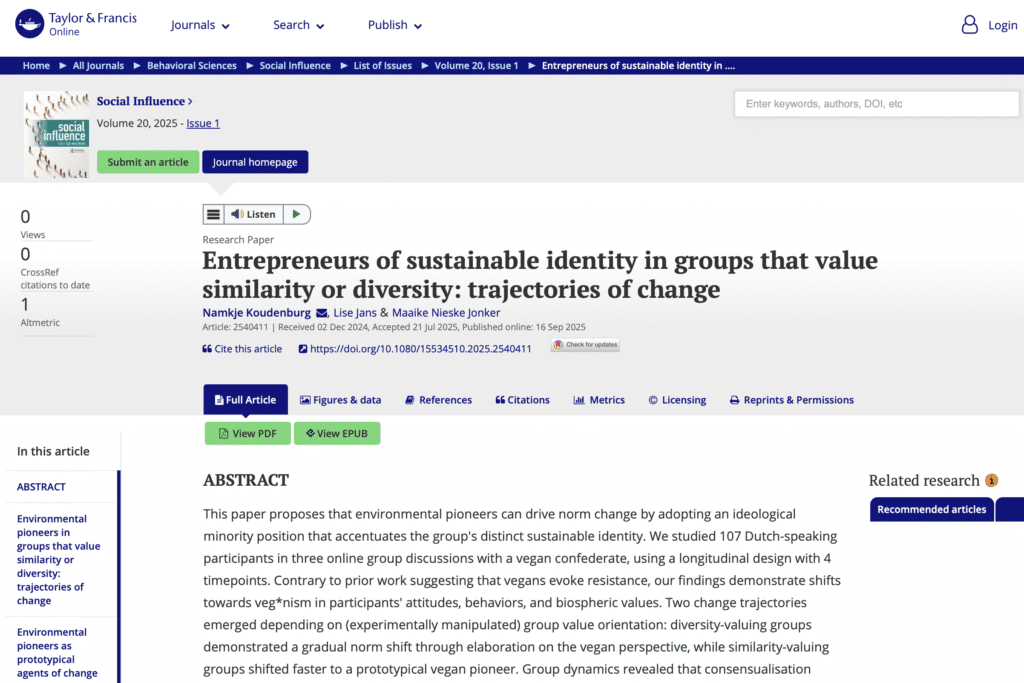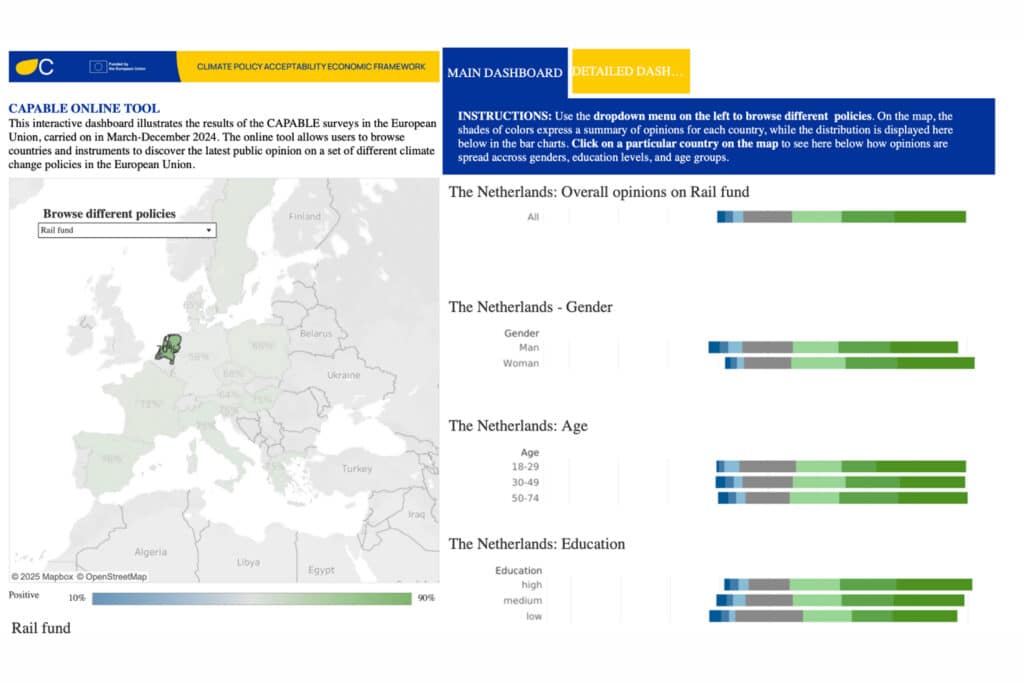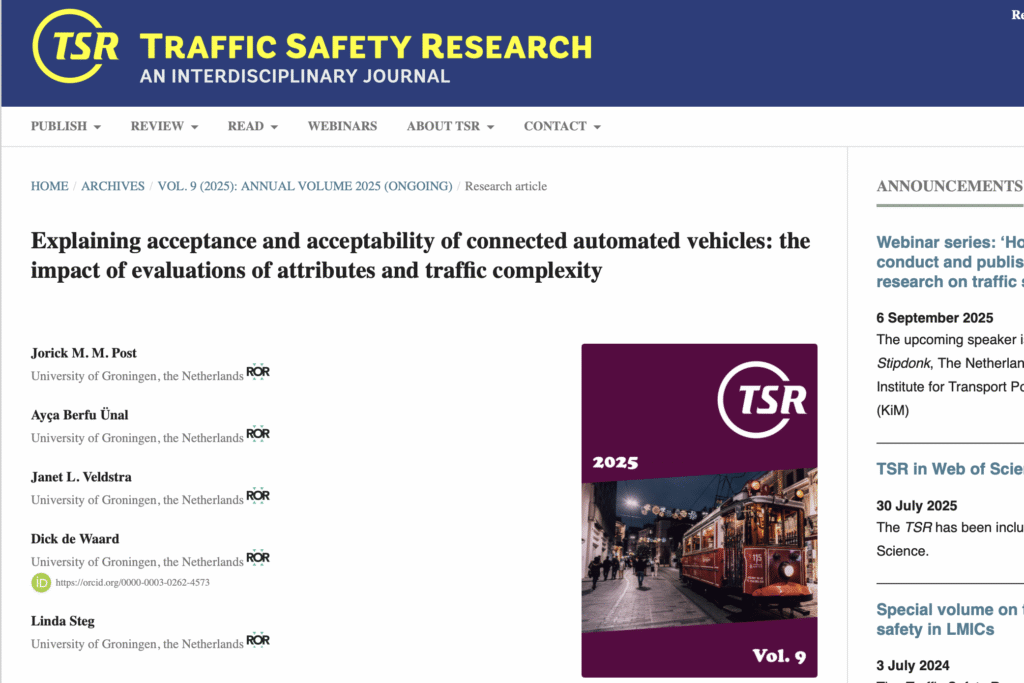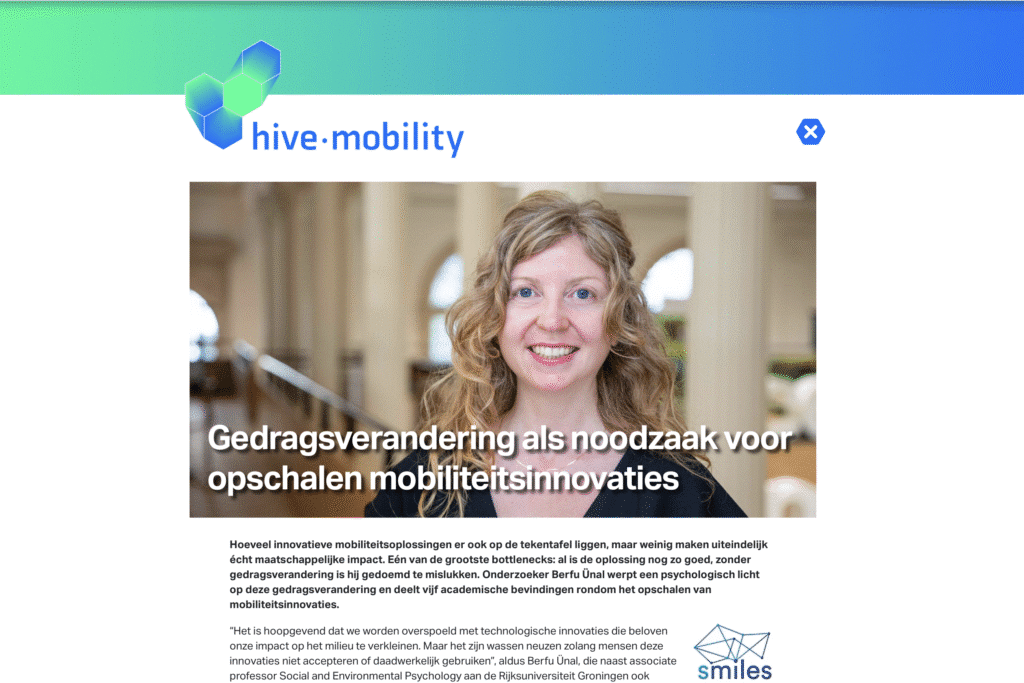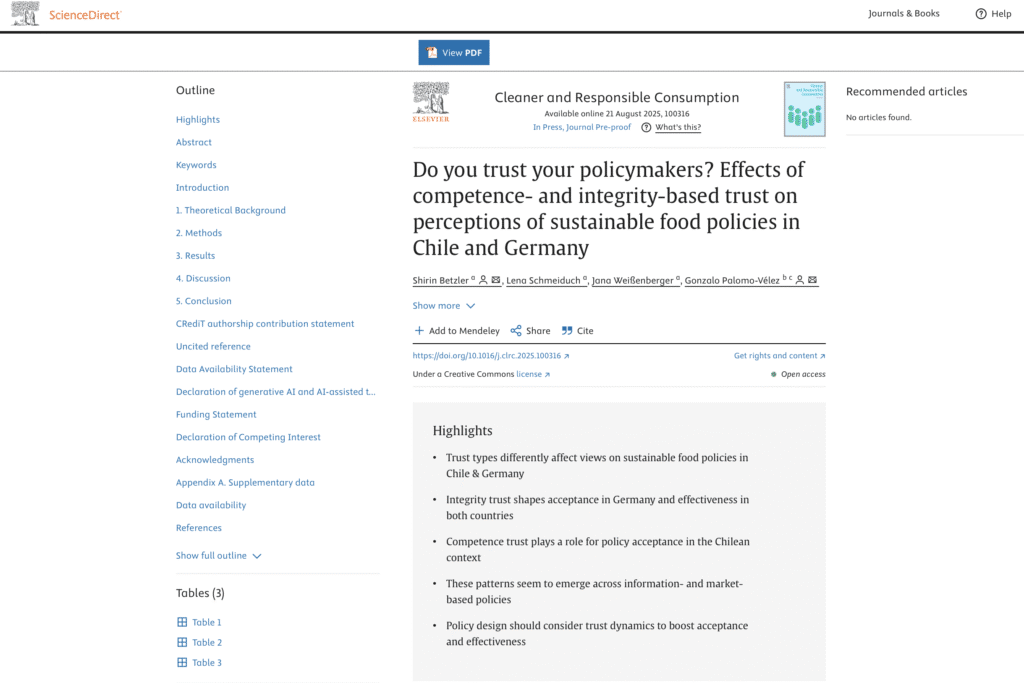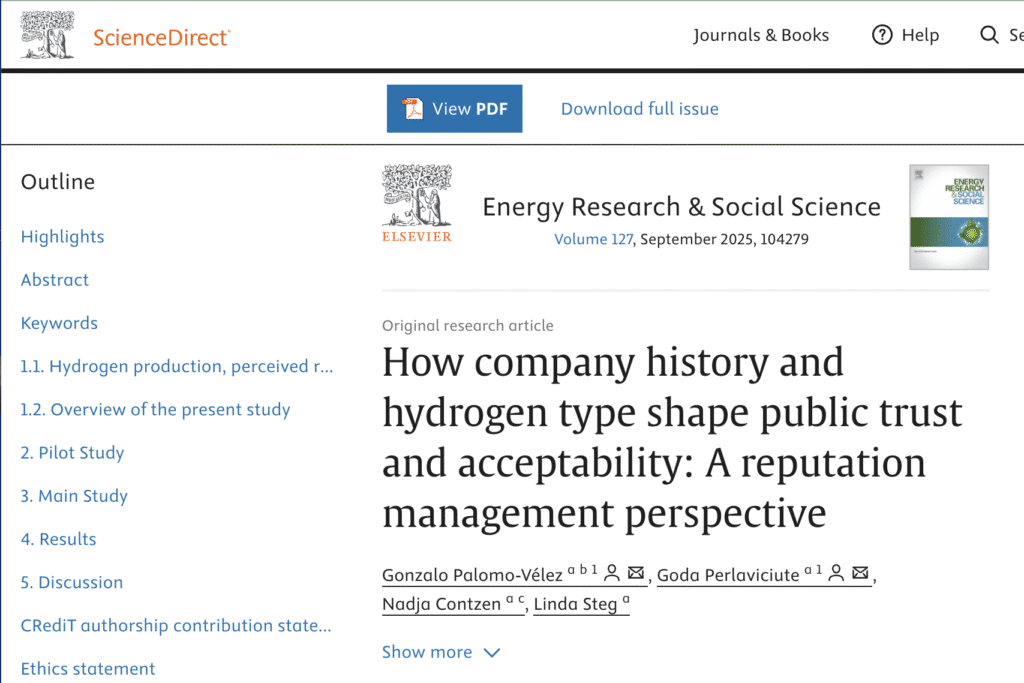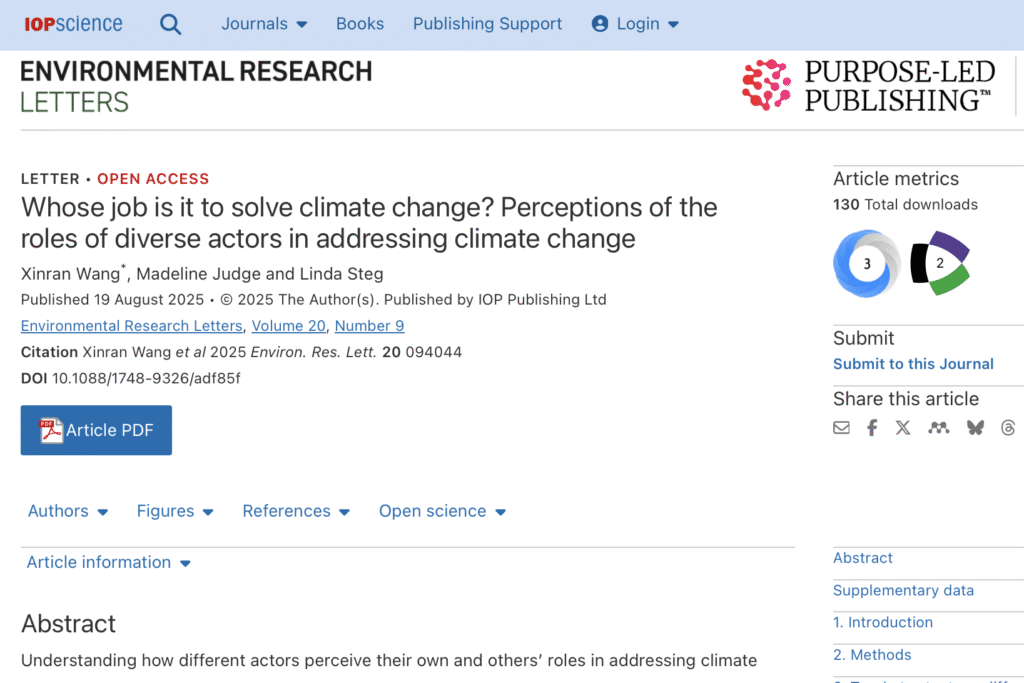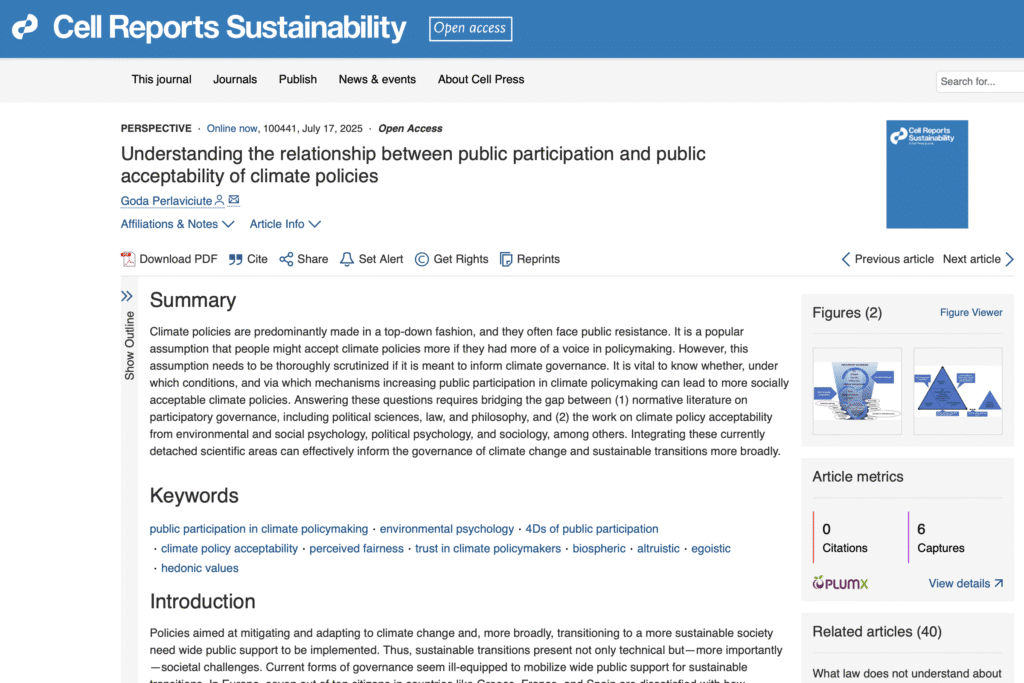Abstract
Governments all over Europe are commissioning citizen assemblies (CAs), which could be one possible way to assist the representative democracy in developing more socially acceptable sustainability policies. Yet, little is known about how citizens themselves think about CAs in general, let alone the actual real-life procedures, which perceived aspects of CAs and how influence these opinions, and whether opinions differ between those who participate in CAs and the population at large. We investigated citizens’ perceptions and acceptability of CAs, both among the participants of the Dutch Citizen Assembly on Energy (DCAE) and the general Dutch population. First, we studied to what extent both groups thought that CAs, in general, could reach the broader goals of public participation: normative (better democracy), substantive (improved decisions), and instrumental (enhanced public support) goals. Second, we studied citizens’ perceptions of the DCAE in particular, focusing on the 4Ds of public participation: dialogue, diversity, decision-making power, and deliberation. Citizens were generally positive about the potential of CAs to reach broader participation goals, except for some scepticism about their capacity to bring in new knowledge and accelerate the energy transition. Compared to the general population, citizens who join CAs may be more accepting of CAs at the start and evaluate the process more positively at the end. In contrast to conventional wisdom, decision-making power was not the key driver of public acceptability of the DCAE—engaging in dialogue and deliberation might be more important to citizens than having more power per se.
Unveiling citizens’ perspective on citizen assemblies among participants and non-participants of a citizen assembly on energy
G Perlaviciute, W A Gorter and G Muinos
Environmental Research Communications
November 4 2024
DOI 10.1088/2515-7620/ad8868

